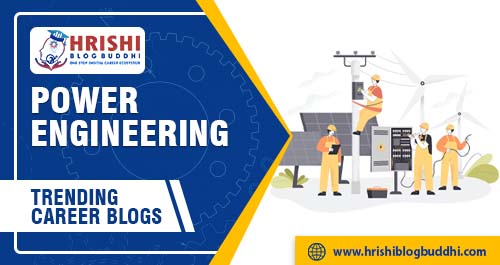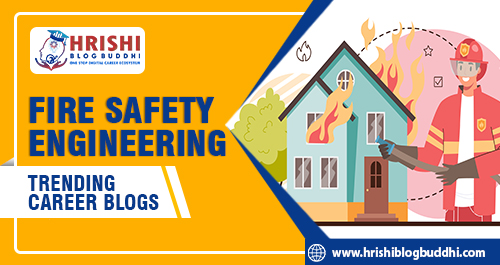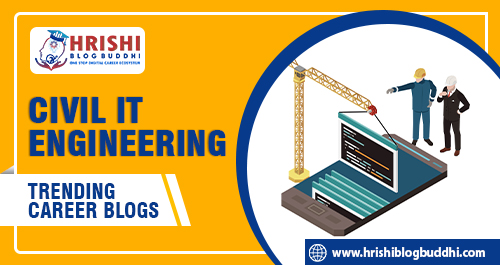Job name | Job description |
Electrical engineer | To harness the power of electrical energy and radiation, electrical engineers design methods, equipment, and systems. |
Power engineer | Engineers who design, develop, or manage the installation of electrical equipment, components, or systems for commercial, industrial, or utility products are known as power engineers. |
Project engineer | Schedule preparation, pre-planning, and resource forecasting for engineering and other technical activities linked to the project are all responsibilities of a project engineer. |
Field engineer | Field engineers solve difficulties in manufacturing plants by applying scientific, engineering, and mathematical theories. They assist in the proper operation of the manufacturing units. |
Product design engineer | Designing, programming, simulation, and testing automated machinery and procedures to execute precise tasks are all part of the work. They are most commonly found in industries where robots or machines are used to execute specialized tasks. |
Professor | They carry out research, fieldwork, and investigations as well as writing reports. Publishing research, attending conferences, giving lectures, and networking with others in the electric sector are examples of these types of electrical power jobs. |
Control & Instrumentation Engineer | They are in charge of equipment design, development, installation, management, and maintenance. Engineering systems, machinery, and processes are monitored and controlled using instruments. |
Research scientist | Research scientists are scientists who are in charge of planning, carrying out, and interpreting data from laboratory-based investigations, experiments, and trials. |
Materials scientist | Materials scientists are in charge of figuring out how to strengthen or combine materials, as well as developing new materials for application in a wide range of products. |
Maintenance engineer | The Maintenance Engineer is in charge of ensuring that the installed electrical plant and equipment are in good operating order. They will be responsible for repairing any issues or breakdowns using the company’s maintenance workers. |
Design manager | To interpret the customer’s requirements, the design engineer will typically meet with clients and other trade specialists. They create the design specification, which will let the project’s cost be calculated. |








